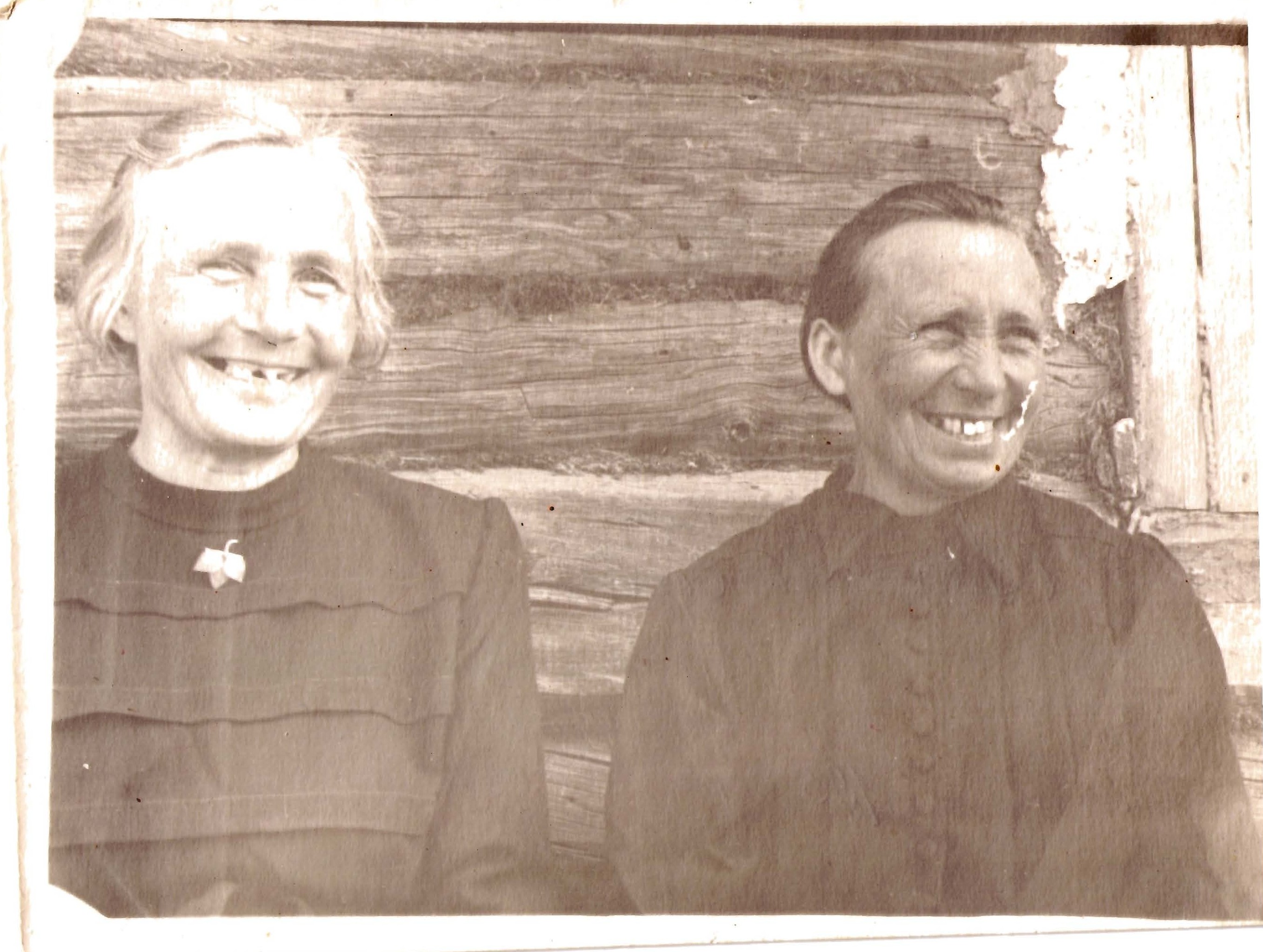Some time ago, I had the pleasure of talking to Will Mawhood, Editor of Deep Baltic about my book, Siberian Exile. Thanks to Will for the excellent conversation.
Here’s an excerpt of the interview:
The first sentence we read in the book is “Someone always pays. The question is who. And the question is how.” Could you expand upon that a little?
Over the course of writing this book, I thought a lot about the question of who paid for Anthony’s crimes and how. When I discovered the war crimes indictment against my grandfather, that is, that he had overseen a massacre of Jewish women and children in 1941, I was struck by the fact that he had seemingly not paid a price for those actions and for the choices he made. His wife paid the highest price, through her deportation and loss of her children. His children paid through the loss of their mother. As I write in the book, we, his grandchildren have paid as well in certain ways. I, for example, lost my father to a sudden heart attack when he was 56 and I was 18 years old. Rightly or wrongly, I’ve always connected his sudden death to childhood trauma. What interests me is the way that actions have echoes and consequences that become visible slowly, over decades and to what extent those echoes and consequences remain real today.
If your grandfather had been at home in Kaunas when the KGB arrived, he would almost definitely have been deported, and so would not even have had the option to consider whether to collaborate with the Nazi occupying forces when they invaded Lithuania shortly afterwards. You write how tempting it is to wish for that single change – to wish for a misfortune, but one that would have prevented him from becoming complicit in terrible events. “In this alternate and, yes, selfish history, where I can change only one fate, Anthony would have been a clear, clean victim”. Do you think family tragedy is in a way less hard to deal with than guilt?
In many families, tragedy and hardship can be points of pride. An ancestor who was wrongly imprisoned, for example, might be held up as an example of resilience but an ancestor who was rightfully imprisoned for committing murder is unlikely to be celebrated. This basic difference struck me as I was writing and a question arose for me: can we take credit for our ancestors’ good deeds, talents, and triumphs if we are not willing to take some sort of responsibility for their sins as well?
You describe how your grandmother was finally given permission to join the rest of her family in Canada in 1965, but how she always remained somewhat apart – having a distant, though seemingly unfractious relationship with her husband, and finding the material abundance and different customs and language of her new home hard to adjust to. She says about the experience of being reunited, during a later interview conducted in Lithuanian: “I felt that these weren’t my kids. That these weren’t my grandkids.” Do you think this was very typical of people like her, who had been deported for long periods of time, on being reunited with their families – that it was in some way a bittersweet experience?
I imagine that my grandmother was not alone in her experience of a bittersweet reunion. As I was thinking about what Ona’s and Anthony’s reunion must have been like, I didn’t have much information to go on, even second hand, so I did bibliographical research to try and understand the range of returnees’ experiences. I read about what happened to marriages when deportees returned to the spouses they’d left behind. Many marriages, unsurprisingly, did not survive and upon their return, deportees divorced. Oftentimes if deportees remarried after returning from Siberia, they ended up marrying other deportees. I think that makes sense. Few others could have understood a returnee better than another returnee.
In my grandmother’s case, I think that her children were tie that bound her to the family. She couldn’t and didn’t blame them for having become somewhat exotic creatures in her absence. From her 1977 interview, it seems that she worked hard to adjust to her new reality in Canada. That said, she must have mourned those lost years and having missed out on watching her children grow and mature. The great gift that she received shortly after her arrival in Canada was the birth of my cousin Darius. She really co-raised him with her daughter and I think that having a new baby in her life, a child who grew to love her like no one else, was life-saving and healing.
Continue reading the interview here.
[Photo: Ona and Margarita by their cabin in Siberia]


